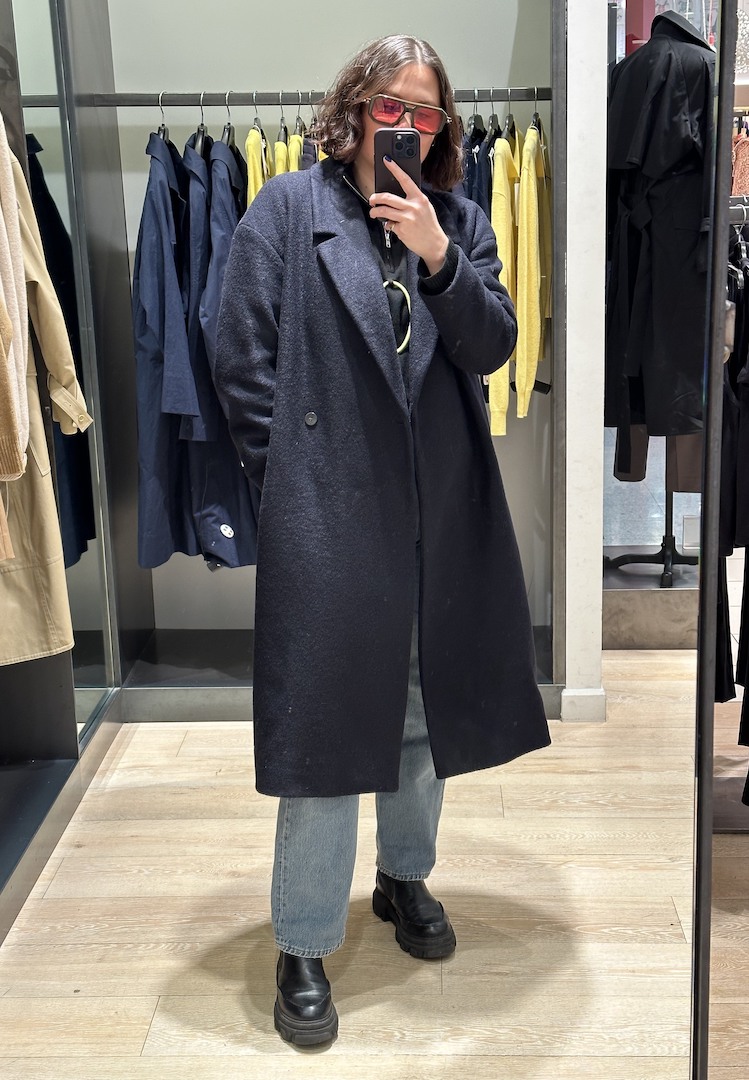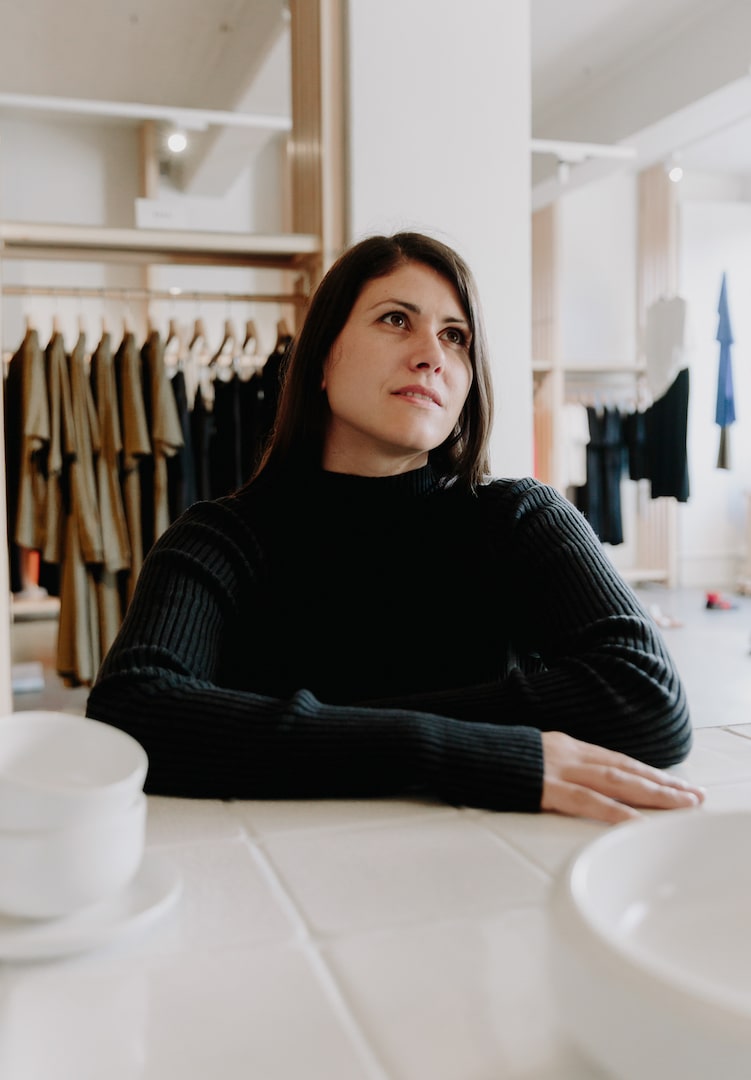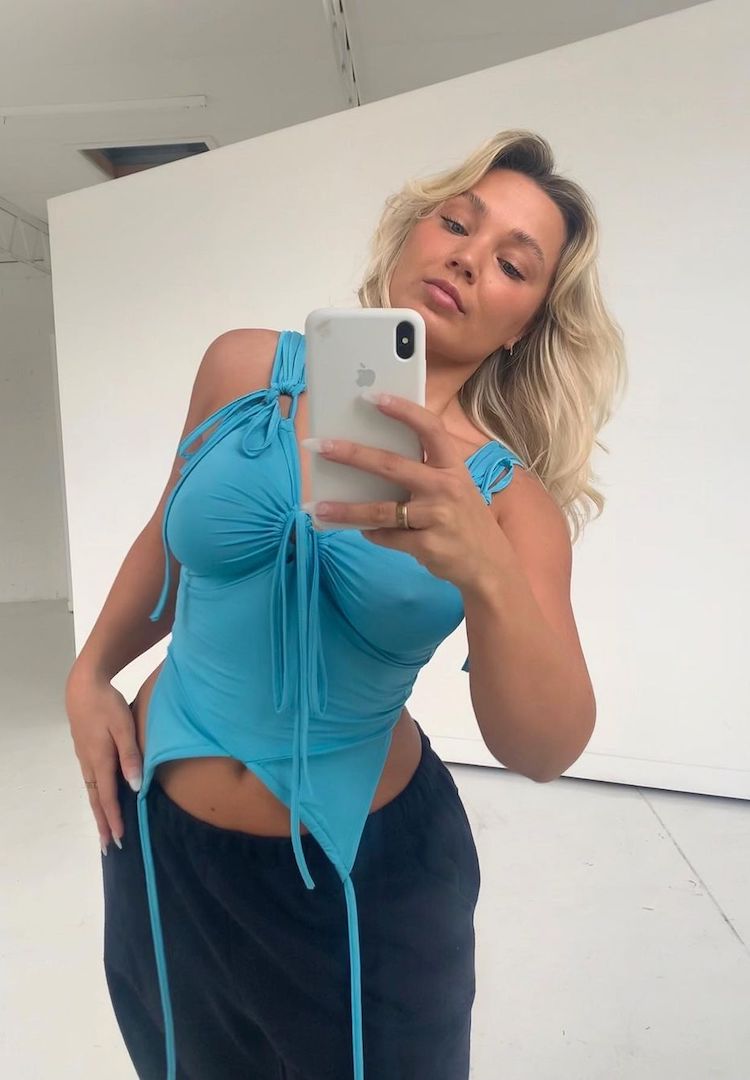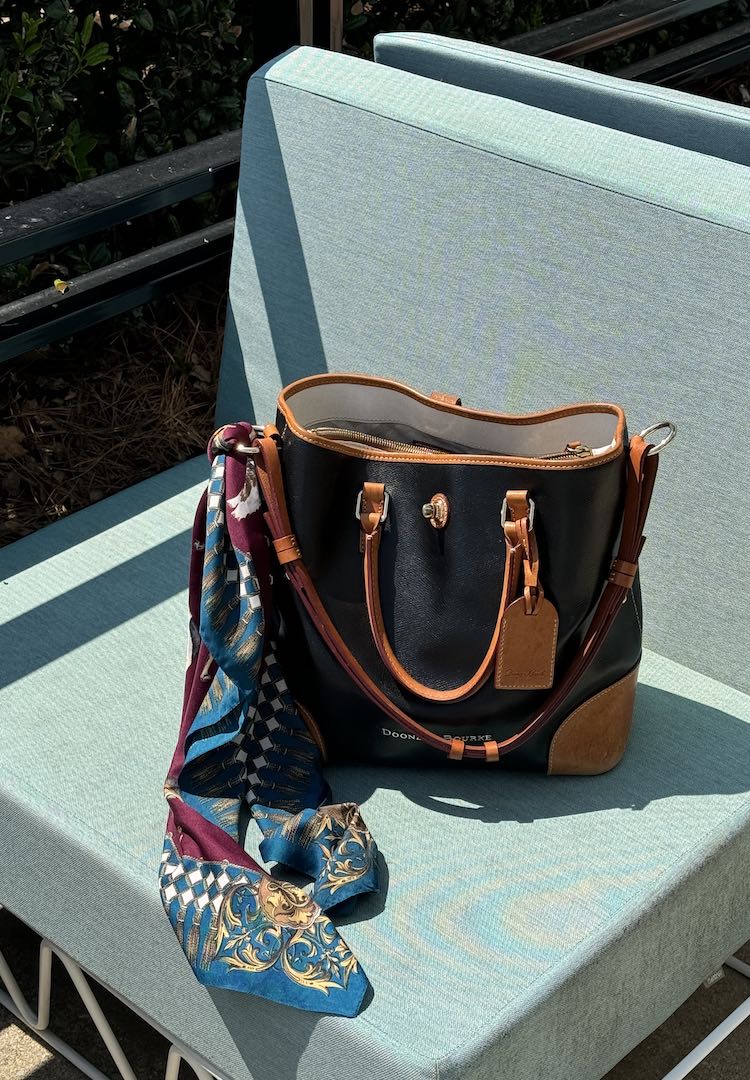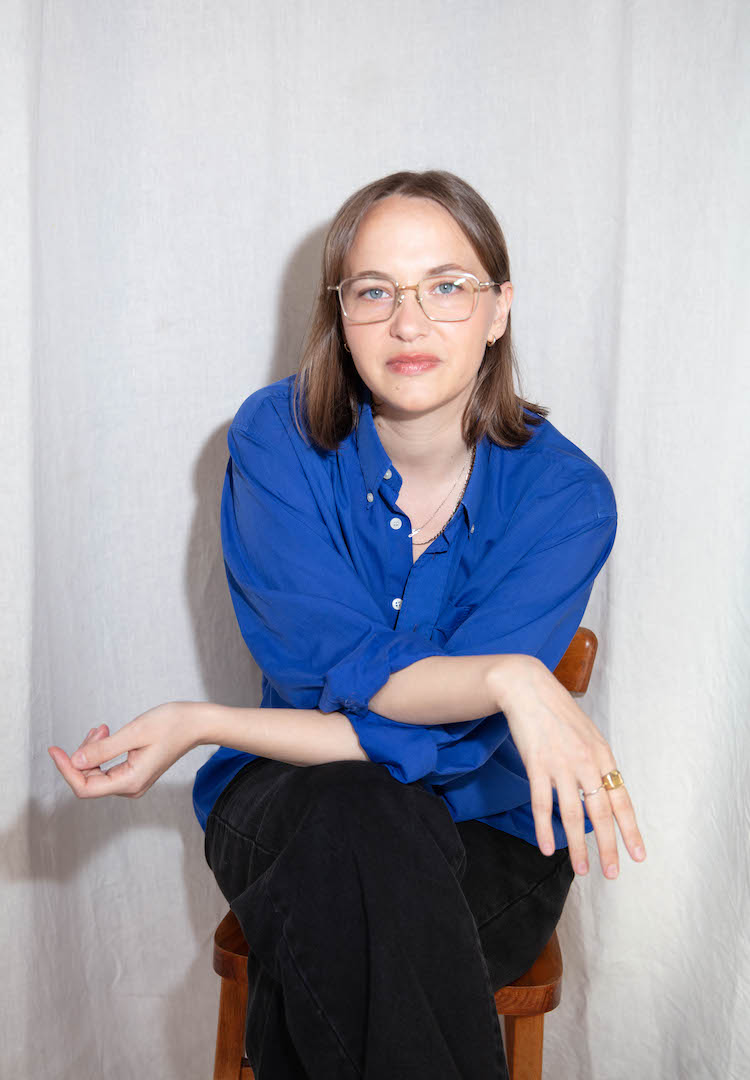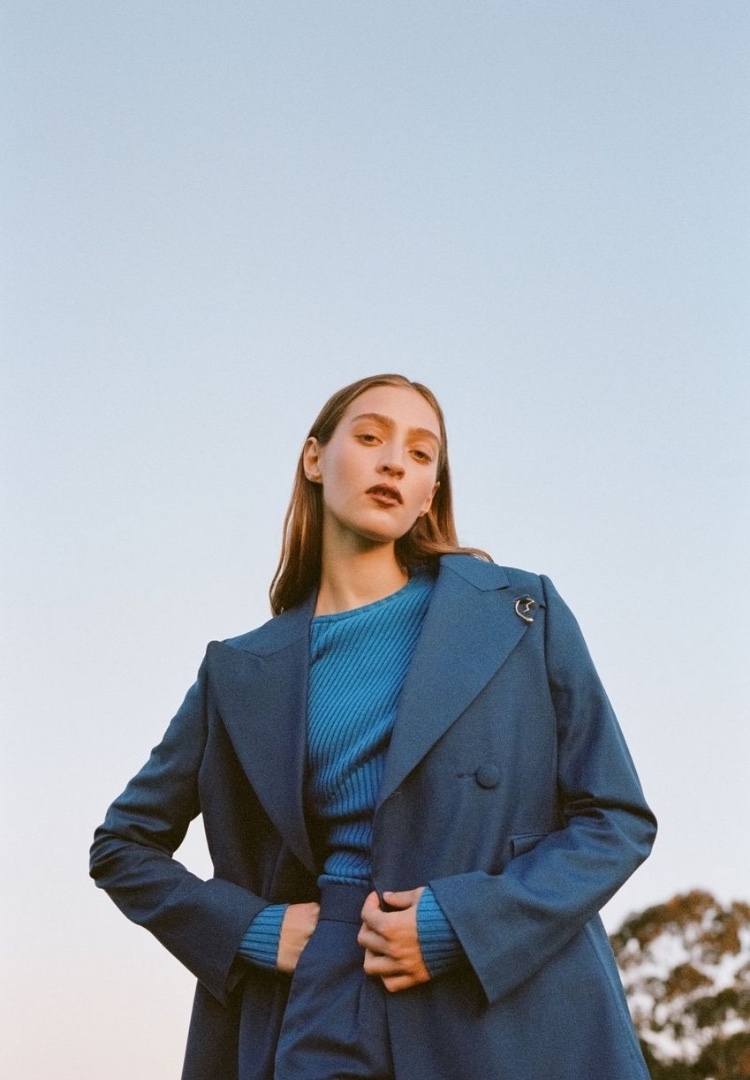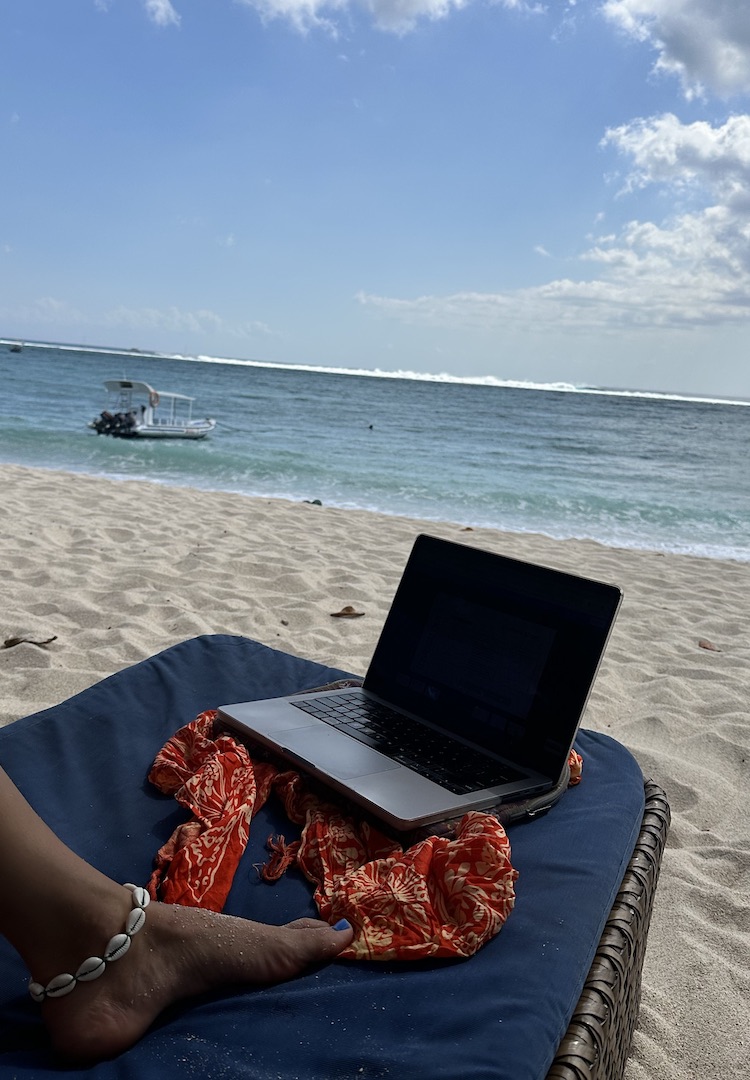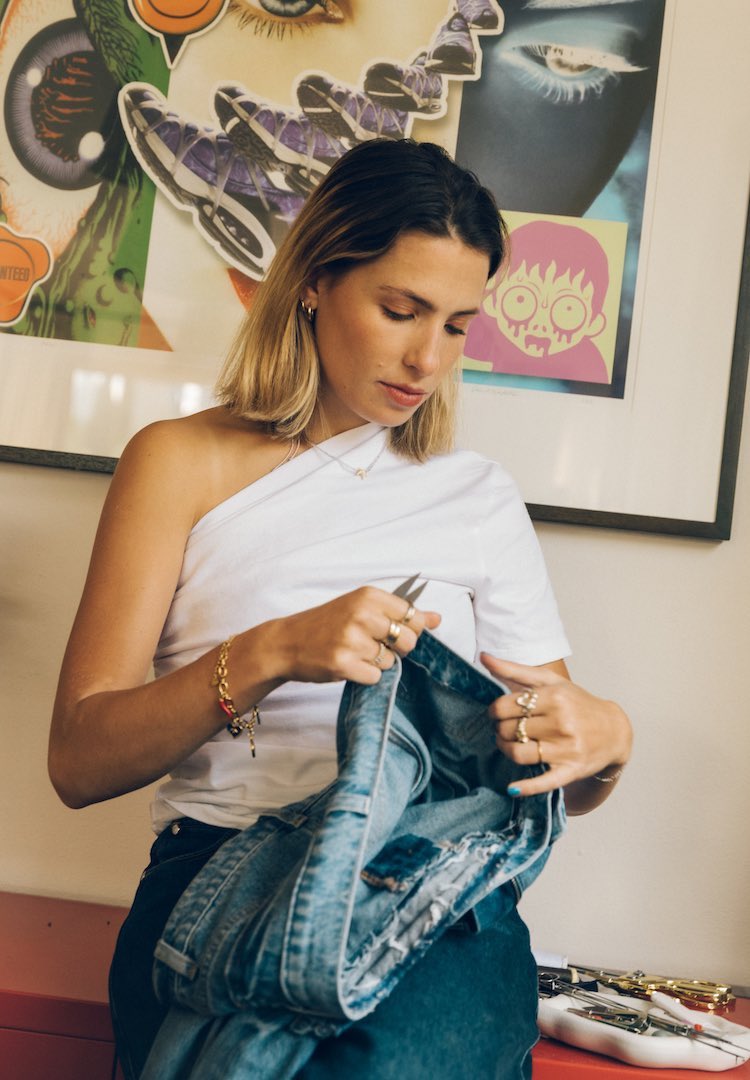How I Got Here: The Founder of Kowtow on creating positive change in the local fashion industry
WORDS BY IZZY WIGHT
“We have to work very hard in communicating all of the amazing initiatives that make Kowtow what it is.”
Have you ever stalked someone on LinkedIn and wondered how on earth they managed to land that wildly impressive job? While the internet and social media might have us believe that our ideal job is a mere pipe dream, the individuals who have these jobs were, believe it or not, in the same position once, fantasising over someone else’s seemingly unattainable job.
But behind the awe-inspiring titles and the fancy work events lies a heck of a lot of hard work. So what lessons have been learnt and what skills have proved invaluable in getting them from daydreaming about success to actually being at the top of their industry?
Looking for a new 9 to 5? Head to our Careers page for new listings daily.
Welcome to How I Got Here, where we talk to women who are killing it in their respective fields about how they landed their awe-inspiring jobs, exploring the peaks and pits, the failures and the wins, and most importantly the knowledge, advice and practical tips they’ve gleaned along the way.
This week we speak to Gosia Piatek, the Founder of the Wellington-born womenswear label, Kowtow. Gosia launched Kowtow as a certified Fairtrade organic cotton clothing brand in 2006, a time when “ethics and sustainability in fashion weren’t discussed”. It was a “wild idea”, and Gosia had zero fashion experience. Today, Kowtow is a leader in the local sustainable fashion industry, comprised of a team of 49 people and two physical stores (with another on the way).
Since the very beginning, Gosia has centred the Kowtow ethos around transparency and the “seed-to-garment story”. She cites communication, adaptability and trust as the key skills that have led her brand to success – without compromising on values. Here’s what she learnt along the way.
What do you do and what’s your official job title?
I am the Founder of Kowtow, a certified Fairtrade organic cotton clothing brand from Wellington, New Zealand.
Take us back to when you were first starting out. Did you study to get into your chosen field, or did you start out with an internship/entry-level role and climb the ladder? Tell us the story.
I started with a wild idea and zero fashion experience. I knew I wanted to be self-employed and I was interested in finding out where basic human needs such as clothing, shelter or food were sourced from, who makes them and under what conditions.
I fell on the idea of Fairtrade organic cotton, knowing that we all need to wear clothing as a basic need. I wanted to see how I could influence the industry with a more sustainable and ethical approach.
What really clicked for me in deciding to start Kowtow was that being certified Fairtrade provides us with a transparent production chain all the way from the seed. I really love this seed-to-garment story. I always felt if we don’t have any information on parts of our supply chain we cannot work with people on positive change.
I guess to circle back to your question, all I personally needed was an idea I truly believed in and I still do and here we are, 17 years on as an incredible values-driven fashion brand.
What challenges/hurdles have you faced getting to where you are now? Can you tell us about one in particular?
When I first started the brand in 2006, ethics and sustainability in fashion weren’t discussed. So I had to sell the clothing for its designs only, which I really struggled with as I know working with the cotton farmers directly and our amazing manufacturer is an incredible story.
But only a few cared. Now because of certain world events such as the Rana Plaza disaster – where 1134 garment workers lost their lives in a collapsed factory – combined with climate change and awareness of modern slavery, a company like Kowtow is now an industry leader.
Currently, we have to navigate around a landscape of greenwashing, so we have to work very hard in communicating all of the amazing initiatives that make Kowtow what it is: a transparent supply chain, 100 per cent organic [cotton], free repairs and a take-back programme. We use only a singular natural fibre – with natural trims of nut and shell buttons down to elastic made from natural – for our clothing.
We are less than one per cent away from being completely zero per cent plastic, meaning every element in our garments will become fully biodegradable and/or recyclable. The last thing we have to replace is the thread the garment is stitched with. In the fashion industry, most designers use synthetic as it is faster to use in the machine. Kowtow will only use biodegradable cotton thread from 2024.
Fashion is a very delicate business, we are constantly on a ride of ups and downs. But we are here 17 years on, 49 of us, constantly evolving in this crazy landscape of post-COVID, recessions, greenwashing and rising costs. We are learning, evolving and pivoting daily. But what keeps us growing is our passion for what we do. We truly believe there is a space in this world for Kowtow, a brand that works on solutions.
What do you want people to know about your industry/your role?
View this post on Instagram
60 per cent of all clothing being produced currently is synthetic. Synthetic fabric NEVER breaks down to nothing, it cannot biodegrade. Instead, it turns into microplastics that leach into our waterways.
As well, microplastic pollution has been detected in human blood for the first time, with scientists finding tiny particles in almost 80 per cent of the people tested. I could go on and on, the statistics are horrifying. The fashion industry is a crazy global polluter and customers can make better choices. None of us is perfect, but we can sometimes stop and think and vote with our dollar.
What’s the best part about your role?
That I get to be very collaborative with my colleagues on very important global issues. We get to be eco-geeks and combine that with working in a visual industry. It feels like such a privilege to be able to use both sides of my brain – creative and analytical.
What would surprise people about your role?
Well, since mid-last year, I passed my Creative Director role to our Head Designer, Marilou Dadat. I am currently living in Europe with my partner Thomas and eight-year-old son Laker, and after so many years, I’m mostly only involved in monthly board meetings. I miss the day-to-day, but I also know it is important for me to take a break and make sure our family unit is solid. It’s not easy balancing it all – ambition, drive, family and self.
What skills have served you well in your industry?
Adaptability and communication. There’s always an issue – whether we are tackling climate change, cash flow or the design and launch of a new range. However, what qualities help in times of stress is the ability to be adaptable and not too rigid and the ability to communicate with your colleagues in an open and honest manner.
What advice would you give to someone who wants to be in a role like yours one day?
Learn to let go and trust. You can’t as one person do everything, it is very important to let go. But before you let go, create an environment that allows people to succeed. Sometimes not everything is perfect – the fashion industry is extremely fast-paced – so you have to do the best you can. It’s ok for mistakes to happen, that’s all part of the learning. Sometimes the mistakes are expensive, [but] don’t dwell and move on. Be clear with your vision and communicate this vision so everyone is on the same path.
What about a practical tip?
I am such a practical person so when starting out in this industry, you have to put in the hours and be mindful of cash flow. You have to work very hard towards all deadlines and goals and none can be missed.
I started the brand on NZ $5000 and from this, we are now 49 people, two physical stores and another on its way. We are debt-free (touch wood!), we work a nine-day fortnight and work towards huge future goals. It is possible to have a wonderful company culture and to be profitable and not compromise on values. It’s all possible.
Read the rest of the How I Got Here series here.
Looking to step up to a career in media? Each week we send a wrap of industry jobs straight to your inbox. Enter your details below and we’ll keep you in the loop, or browse current openings here.

